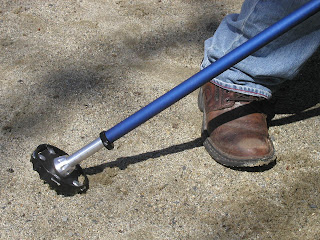Kite flying is a colorful, inspiring activity that spans many cultures and dates far back into history. It can be enjoyed alone or with others, typically on an open field or beach where wind conditions are most likely to be ideal. Kite flying open us to the sky and celebrates spirit. The festive presence of kites is a cultural tradition in many places from Afghanistan to New Zealand.
Flying a kite can be as simple and affordable as buying one for $1 and launching it in a city park. Many specialty kites are available and stunt flying with kites on two or four lines has become increasingly popular.
Local clubs and regional organizations such as Kites Over New England (based in Billerica, MA) offer social events, lessons, demonstrations and events. The American Kitefliers Association has established April as National Kite Flying Month and provides nationwide information. Kite flying aficionados (known as "kiters") may create fanciful homemade creations of substantial size that take as long as a year to build. Kite design has come a long way since I last flew one in my teens as I learned recently from this breathtaking Italian music video.
People with disabilities are engaging with this intriguing pursuit, yet information is scattered as to how and where to go about it. Searching the internet turns up people with disabilities of all kinds who fly kites, including people who are blind, have developmental disabilities, or use wheelchairs. I also found a fully inclusive kite flying events in Australia and India, plus a few examples of kite flying events as fundraisers for disability organizations, most notably one in Africa which promotes mental health and attracts an attendance of 20,000 people. For the more adventurous souls, kite flying can be used to power experiences on other equipment, including carts, surfboards, skateboards and more. Check out the Mobius Disability Kite School in England.
 |
| Kite flying in India at a festival. |
If you are inspired to start flying kites, the best strategy seems to be to link up with a kiter, presumably through an organization like the ones above, or simply trying it on your own. Kite flying by people with disabilities and others can even take place indoors, without wind, with either miniature kites or a full size BioKite. A young man with epilepsy who is a great spokesperson for the benefits of kite flying flies one on America's Got Talent.
If you'd like to comment on kite flying, please do so here or contact Heidi at 413-577-3840 or heidi.marie-peterson.state.ma.us. We'd love to hear from you! You can also visit us on our facebook page!
Thanks to Wilderness Inquiry for the beach photo and Kites Over New England for 2nd two images.








